May 26, 2024 | Written by Demi Louise
The Process of Filmmaking
Venturing into the world of filmmaking can be both exciting and daunting. If you've booked a shoot with me, don’t worry - I got your back, but I’m all about preparation. To help you prepare thoroughly, here is what to expect when making films.
Firstly, there are three phases to production.
Image courtesy of Waterloo Studios. Featuring Demi Louise, Rebecca Johnston, Lily Rawson, Simon Hunter, Anthony Speed, James Rickwood. Crew Includes; Aysha Galloway (dir.) Ashley Curry, Michael Giglio, Tiahnn Heusmann & Devyn Heusmann.
Phase 1: Pre-Production
At the core of every film is an idea, a story. Film, as the ultimate visual medium, offers an unmatched way to bring your story to audiences.
I'm a big fan of using visual references to help get an idea across, and Pinterest or Canva mood boards are my go-to. They’re fantastic for clarifying your vision, defining the style and mood, and most importantly, understanding your audience. Knowing who will be watching is crucial; it shapes everything we do, from pre-production to post-production.
Photo by Reswin Bahas featuring the set and crew of Émilie & Voltaire, produced by Demi Louise
After you’ve distilled your idea, it’s time to action it. This often means…well…paperwork…BUT it is a crucial step to make. Not only will it save you tonnes of time on set, it will ensure you grab everything you need from the shoot day. Think of the shoot day as precious hours - you don’t want to be rushed for time, fearing you’ll miss or forget something. You want to keep on time, and have a plethora of ideas to implement in case you run ahead of schedule.
Phase 2: Pre-Production
With thorough scheduling and regular breaks, film sets can be engaging, and lots of fun. When you arrive on set, it’s not just about “getting the shot”; it’s about enjoying the process and making sure everyone involved feels comfortable and energised. This positive atmosphere not only makes for a smoother shoot but also often translates into authentic, fearless, and dynamic footage. What is most important here is that you have the space to work on your craft, story, idea - whatever it may be, while feeling comfortable with it being captured.
Phase 3: Post-Production
Post-production is where we bring our vision to life. Using my editing software, Davinci Resolve, I meticulously cut and assemble the footage to ensure the story flows. Colour grading adds depth to the visuals, while sound design envelops our audience in the world we've created. Titles and maybe even a few motion graphics add that final polish to complete a video. Throughout this stage, it's vital to keep our audience front and center in our decision-making. This stage is about refining, ensuring every element speaks to the viewers, demonstrates value, and maximises the potential success of the video.
Pro Tip 💡
Location 👏🏻 is 👏🏻 everything. So here are two of my favourite places to film 👉
I highly recommend checking out The Waterloo Studios based in Waterloo, and Good Loco in Marrickville. Both offer fantastic facilities and great atmospheres that can elevate your project to the next level.
Waterloo Studios 🔗
The Waterloo Studios is a film studio that houses Sydney Actors School, Sydney Film School and the Talent Development Project. Equipped with a soundstage, a beautiful rehearsal space, and production suites, the studios are versatile, offering venue hire for a variety of projects. This is an ideal choice for a dynamic, high quality setting.
Good Loco 🔗
Good Loco in Marrickville is an indie artist's dream! Featuring a beautiful cyclorama, fully equiped lighting rig, and friendly rates for small budgets with big dreams - what more could you ask for!
Wrote & approved this article
Feeling ready to tackle the three phases of filmmaking for your next artist project?





